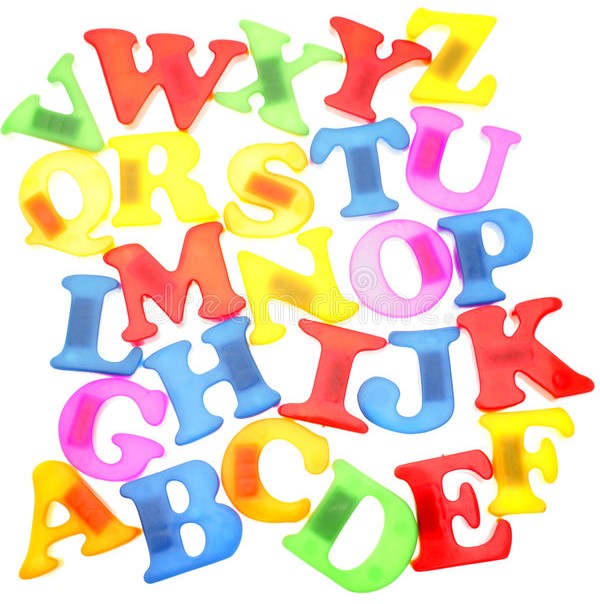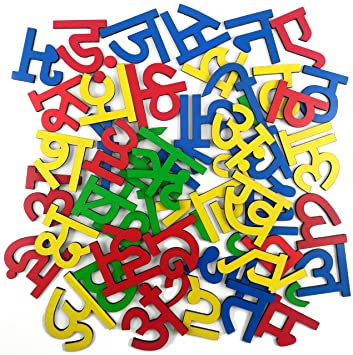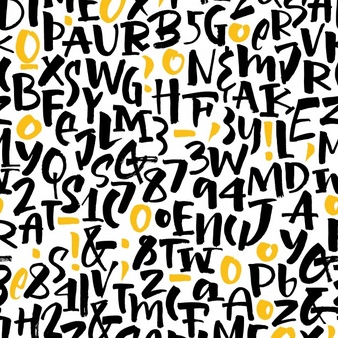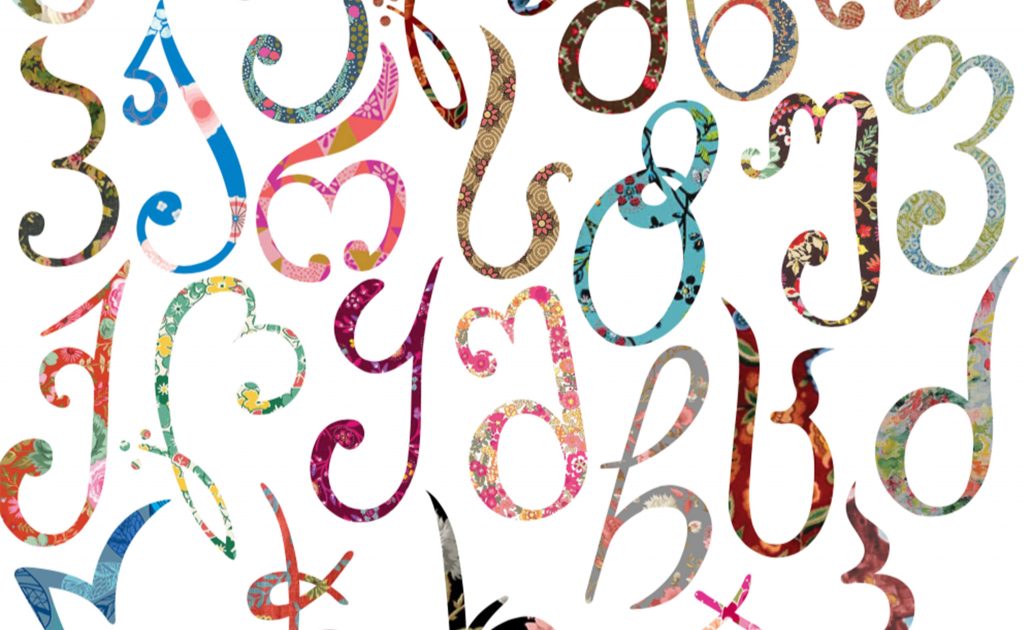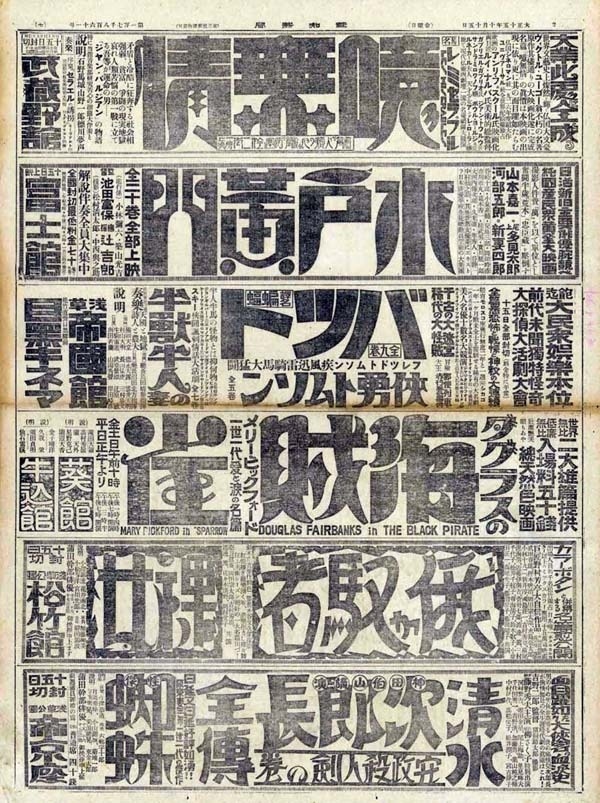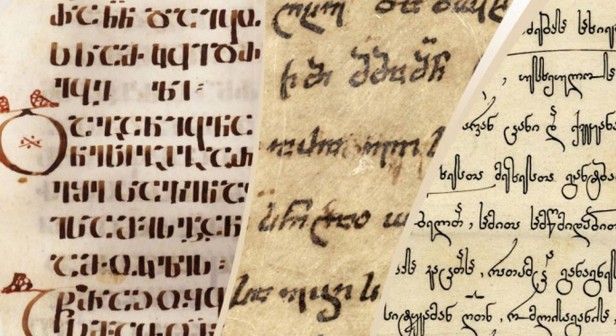

Sometimes, it’s fun just to fool around with language. Word play comes in wide variety, of course. Shakespeare and Oscar Wilde are famous (infamous?) for their clever manipulation of the English language. Way back before the English language settled into its modern form, Geoffrey Chaucer turned Middle English into his personal plaything.
Anagrams and whimsical stories are two of my favorites because they require nothing but an awake brain! However, for the purposes of this discussion, I’ll write them out.
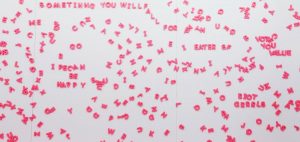
Anagrams

For anagrams, think of a word—longer is better—and then see how many other words can be made from those letters. Whether plurals or contractions are allowed is up to the player! For example, thanksgiving. The options here are limited by the fact that there is no E, the most frequently used letter in the English language.
- thanks
- thank
- sang
- snag
- nag
- than
- tan
- gnat
- kin
- king
- stag
- stank
- stink
- ink
- skin
- sin
- gas
- tank
- tang
- aging
- staging
- thigh
- tights
- thighs
- knights
- night
- thanking
- kings
- hats
- giving
- gating
- knit
- ask
- at
- an
- as
- in
- asking
- ski
- skiing
- vast
- gist
- hat
- scathing
- gangs
- hating
- shit
- hit
- has
- having
- task
- nights
- hank
- hang
- sing
- ailing
- tin
- vat
- shank
- shiv
- shaving
- van
- shag
- shank
- gash
- this
- task
- scat
- tasking
- thinking
- his
- has
- hag
- hit
- tat
- stat
- sighing
- sighting
- tag
- sag
- sagging
- gin
- thin
- think
- gang
- sting
- shag
- sank
- hag
- sink
- shin
- saving
- hint
- gag
- skit
- shining
- gait
- having
- gas
- it
- sting
- singing
- angst
- sigh

Story Word

One way I like to launch into writing whimsy is to find a word and ring as many changes on it as I can. Here’s one such piece.
Writers note: this is not the sort of writing that would pass muster in a class or critique group! It’s an example of writing fun, not good writing!
ABSOLUTION
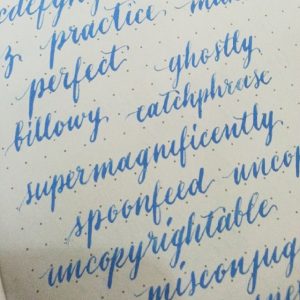
Abelia hates her name. She is forever telling people not to call her Abby, abby being altogether too descriptive for comfort. All her adult life she’s longed to abolish her belly, but she’s seldom succeeded even in abbreviating her abs. They are aboriginal.
Today she is at that abattoir they call a fitness center. She abhors the place, and cannot walk through the door without sinking into abjection. But so strong is her wish for an absolution, she puts her abhorrence in abeyance and follows the yellow brick abscissa to the abs machine. The results are abysmal. After fifteen minutes, she abandons the effort.

The trainer shrieks, “It’s too soon for you to abscond!”
Everyone stares and Abelia is abashed, wishing fervently for an alien abduction. She wishes she were abalone, or perhaps an abstract painting, anything but abnormally abby. She no longer counts leg raises and crunches. She knows they’re absurd. Her abs are absolutely aberrant, an abomination she wishes absent. If she were royalty, she’d have to abdicate. She considers ablation but decides to abstain. The pitfalls of surgery are not abstruse.
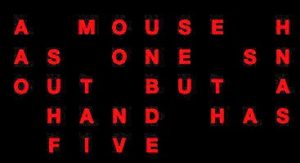
Her therapist says, “There’s absolutely nothing abnormal about your abdominals!” She points out that Abelia’s absorption has become an abstraction. “You must abjure that.”
Abelia takes the advice of her high abbess of health, vowing that from this day forward, she will abrogate concern for her abs and embrace abundance. She dons a flowing silk abba in red, gold and purple. No more abstemiousness. No more abstinence. No more abnegation.
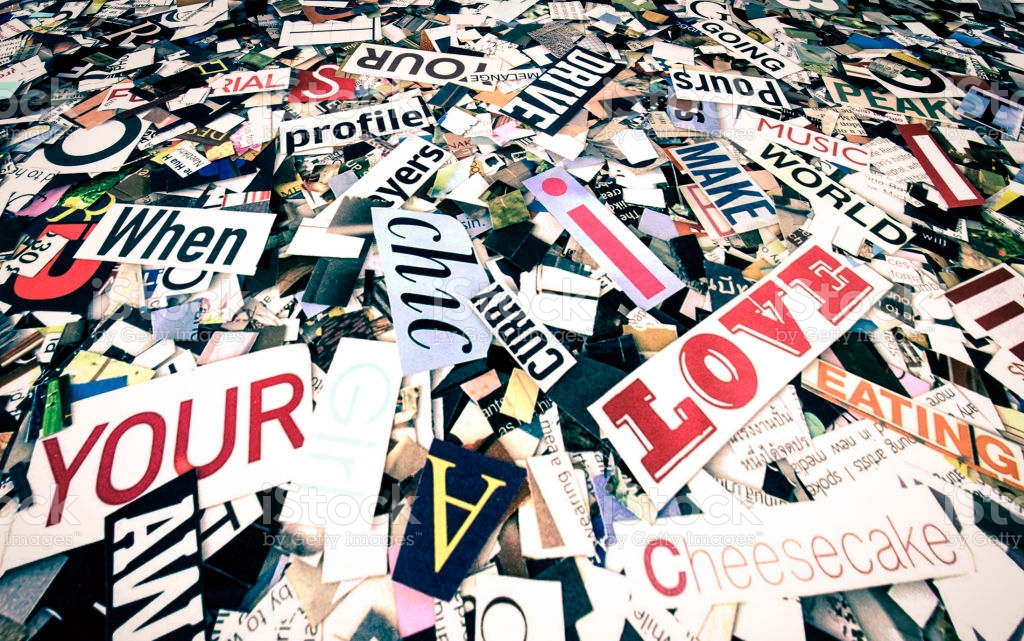
Bottom line: When you just want to unwind or jolt some creativity, consider word play!



